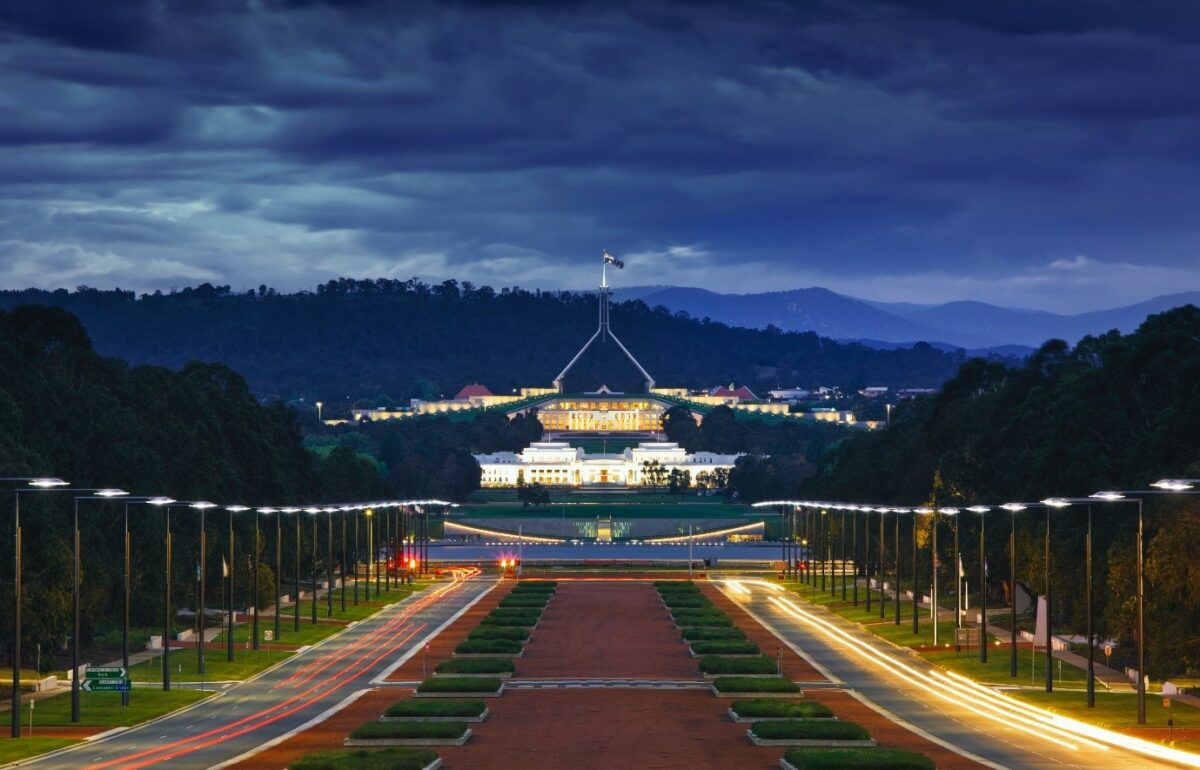The federal Budget is coming! On Tuesday night, 9th of May. Aside from simply being how the government funds itself, it is also one of the most essential things governments do aside from winning elections. Almost everything a government does requires money, be it welfare schemes, defence, politicians’ salaries and much more. It all gets announced and included in the Budget, a single document outlining the government’s priorities and how much it will spend to achieve them.
First off, what is the Budget?
The Budget is the Australian federal government’s annual statement on how it plans to collect and spend money. The government gets money from income and excise taxes, medicare levies, company profit taxes, etc. The Budget then outlines how much money it got from all these sources and how the government intends to spend it. The Treasurer and the Treasury Department prepare the Budget before the cabinet approves it. Then the House of Representatives debates the Budget, before it is approved by Parliament, and signed by the Governor-General. Through this process, the Treasurer and the Prime Minister usually give big speeches about their Budget, and then the opposition provides a reply in Parliament.
So what should you be paying attention to?
Cost of living: Probably the biggest issue for all Australians. Inflation is still around 7%, interest rates are rising, and everyone feels the pinch. But what might the government have in the Budget?
The Treasurer has acknowledged the problem and admitted there will be a cost-of-living package in the Budget. The government will potentially raise welfare payments with calls across Australia to raise the Jobseeker payment and changes to the single-parent payments. Also on the cards are potential energy bill relief and cheaper medicines.
Defence: The one that is in all the headlines – from AUKUS to the new defence review, many expect big bucks in the budget for defence. It is estimated that the government will scale back more than 30 defence projects, as the defence department changes its posture away from things like new armoured vehicles and instead gears up for new nuclear submarines and long-range missiles.
The National Disability Insurance Scheme (NDIS): The government has slated changes to the NDIS, but the details are vague. Currently, the scheme is approaching an astronomical price tag of $97 billion by the 2030s if the government doesn’t reform it. Minister Bill Shorten has begun a wide-ranging review of the entire scheme, with the results due by October this year.
Health: There could be a $2 billion-plus package to fix shortfalls in primary care and begin a possible Medicare reform. The Health Minister Mark Butler has already announced that vaping reform and a rise in tobacco taxes will be in the Budget.
Other things to watch for could be changes to taxes and super, announcements on cutbacks to previous Coalition infrastructure projects like inland rail, $300 million so Tasmania can have a new AFL stadium to facilitate their entry into the league, money to fund an education campaign around the Voice to Parliament and possibly more. The government has emphasised their aim to have a balanced budget that doesn’t add to the national debt, so we can also expect cost cutting and new areas of revenue raising.
Meanwhile it is unlikely we’ll see any big changes to university funding and fees, because the University Accords will address that later this year.
The treasurer will present the Budget to Parliament at around 7:30 PM this coming Tuesday, the 9th of May, so tune into the ABC to watch it unfold live and check out Woroni’s coverage and analysis.
We acknowledge the Ngunnawal and Ngambri people, who are the Traditional Custodians of the land on which Woroni, Woroni Radio and Woroni TV are created, edited, published, printed and distributed. We pay our respects to Elders past and present. We acknowledge that the name Woroni was taken from the Wadi Wadi Nation without permission, and we are striving to do better for future reconciliation.
